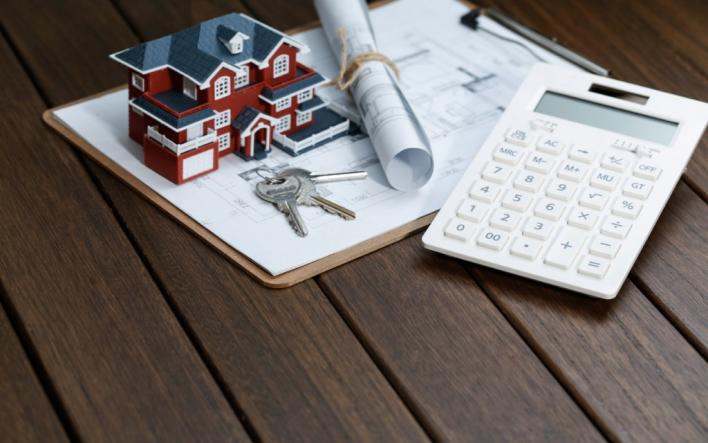This is an exciting and nerve-wracking time in one's life. You must not only choose the ideal location, but you must also secure the ideal mortgage. It might be challenging to find an affordable property in many local markets due to low availability and rising housing prices countrywide. You may be under the gun to locate a home soon, but your finances must be in order before you start looking and bidding on properties.
You need to ensure that your credit history & debt-to-income ratio, etc. Mortgage and property purchase mistakes are common among first-time purchasers. Here are a few frequent blunders to stay clear of.
Not Paying Attention to Your Credit Score
The last thing anyone wants is a property purchase to be full of surprises. You or your spouse may be offered lower interest rates and conditions if you have a history of late payments, debt collection proceedings, or a substantial debt load. If you find yourself in either of these situations, you'll have to delay your ideal timetable. Get a free copy of your credit report from each of the three reporting agencies, TransUnion, Equifax, and Experian. Check your credit report for discrepancies and dispute them in writing, including supporting documents, with the reporting agency and creditor.
2. House-Hunting Before Pre-Approval

There is no time to waste once you locate the right home. You'll face competition and many offers in many hot marketplaces. Pre-approval from a lender is required for sellers to accept offers from buyers. Your credit history and score, income and job history, financial assets, and other important variables are all considered when a lender issues a pre-approval letter to a seller. Unless you have a pre-approval letter, you may miss out on the home of your dreams in a competitive market. The loan amount, interest rate, loan program, and an estimate of your down payment are all listed in this document.
3. Not Comparing Mortgage Rates
Shopping around for a mortgage may save homebuyers a lot of money in the long run. You may get a better feel of what you can afford and compare loan types, interest rates, closing costs, and lender fees by applying for a mortgage with a few different lenders. Shop around for the most excellent mortgage package available, and you'll have a higher chance of getting it. Fees and closing charges can quickly mount up at the closing table when you're shopping around for a lender.
4. Buying A Too-Expensive House

To borrow $300,000 from a lender doesn't indicate that you should. You may not be able to afford your monthly payments if you have maxed out your loan. Most potential homebuyers may comfortably afford a loan between two and a half and three times their gross annual income. A property priced between $150,000 to $187,500 could be within reach for someone making $75,000 per year. To determine if you can buy a property in a particular price range, you should use Investopedia's mortgage calculator to estimate your monthly payments.
Real Estate Agents Aren't Necessary
On your own, searching for a house may be time-consuming and difficult. Your options will be narrowed down, and any problems will be identified if you work with an expert real estate agent. Also, a seller's agent may offer to represent you if you go on showings without your real estate agent. This might be risky since the agent's purpose is to achieve the highest and best offer for the seller, not to protect your interests. You can make better decisions if you work with a personal agent whose goals are more closely aligned with your own.
6. Opening/closing credit lines
Even if you have been pre-approved for a mortgage, you may still be turned down. Mortgage lenders assess your credit during pre-approval and closing before giving you the all-clear. Maintain the status quo with your credit and finances at this time. No new lines of credit or canceling old ones is required. If you do this, you might wind up with a poorer credit score and a higher percentage of debt to income. Instead, wait until you've closed on your new house to apply for additional credit lines.
7. Credit-Card Purchases
Running up current accounts might impact your credit score as acquiring or close new lines of credit. Keep your credit and finances in order until the day you close on your new house. Instead, use cash or wait until after the closing to buy new furnishings or a television. As a last consideration, you need to know how much money you have available to pay for your new home's upkeep. Adding new monthly payments for major items may be better for a few months.




